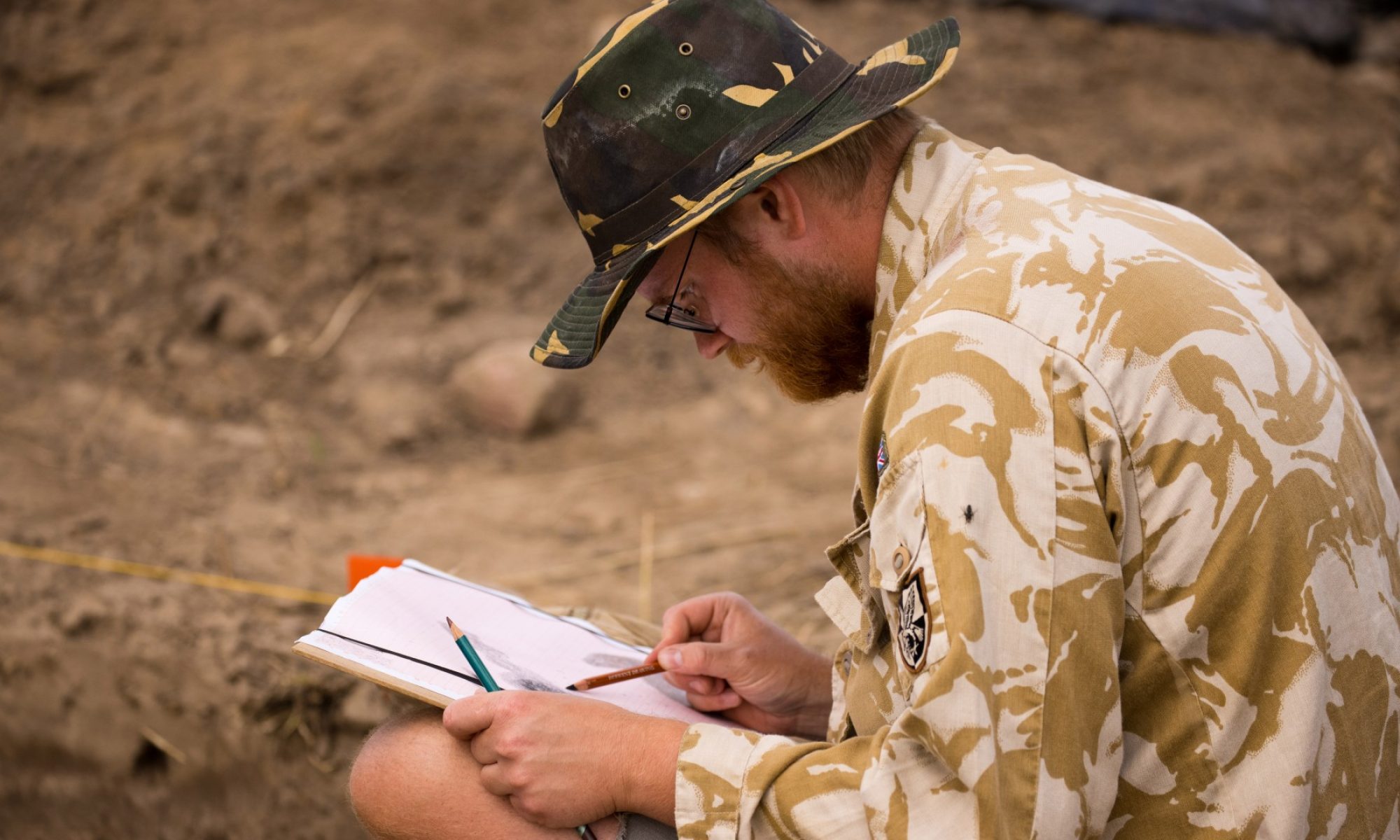Course Name: History of Ancient Greece and Rome
Course Type: lecture
Lecturer, time & place: see course schedule
The aim of the course is to discuss the basic problems of the ancient history of Greece and Rome. The students learn about the geographical divisions, political events and special features of social and political life of Greece and Rome.
Syllabus:
History of Greece
- Periodisation of the history of Greece and the Greeks: from the origin of city-states to the end of the Hellenistic Period.
- Map of the Greek world and its changes over time.
- Minoan-Mycenaean heritage. Troy in the awareness and traditions of the Hellenes.
- Peculiarities of Crete, the Cyclades and continental Greece.
- The Dark Ages – migrations.
- Archaic Greece. Colonisation.
- Persian wars.
- Classical Greece. Rise of the power of Athens. Athens of Pericles.
- Gods and politics. Oracles and games. Great works of art and architecture and their significance.
- Codifications of law: Solon, Draco, Zeleucus, Charondas.
- Social and political culture: democracy, political system of Athens and Sparta, ostracism.
- Science and philosophy in the life of the Hellenes.
- Phalanx and hoplites – excellent warriors of the ancient world.
- The Peloponnesian Wars and their social consequences for Greece and its inhabitants.
- Rise of power of Thebes.
- Reasons for the rise of power of Macedonia.
- Phenomenon of Alexander the Great.
- The Hellenistic World after the death of Alexander. Origin of Hellenistic kingdoms.
- Syria and Hellenistic Egypt.
- States of Asia Minor. Wars of Mithridates VI.
History of Rome
- Periodisation of the history of Rome: from the origins of the city to the reign of Justinian.
- Map of Rome and the Roman provinces in the peak period of the Empire (2nd-3rd c. AD).
- Origins of Rome: myths and facts.
- Rome of the kings and Rome of the Republic.
- Conquest of Italy and the role of conquered peoples.
- Peculiarities of Italy and of the provinces (the Roman West and East).
- Punic Wars and their consequences.
- Slavery and social structure.
- Reforms of the Gracchi brothers, changes in economic and social life.
- The Civil War and its results for the Roman world.
- Beginnings of the conquest of the ancient world.
- Power of Rome: reasons, the role of Roman culture, Roman provincial culture.
- Army and its role in the Empire.
- Cult of the Emperor.
- Breakdown and crisis of the 3rd century.
- Reforms of Diocletian
- Changes in the late antique world, barbarian allies.
- Fall or continuation? Late antique Rome and Constantinople.
- Roman culture in the East. Justinian’s attempt at restoring the Empire.
Selected Reading:
Ancient sources: T. Livius, Cassius Dio, Tacitus, Caesar, Ammianus Marcellinus etc.
Adcock, F., Modley, D.J., Diplomacy in Ancient Greece, London, 1992;
Buck, R.J., A History of Boeotia, Edmonton, 1979;
Cook, R.M., A Note on the Absolute Chronology of the Eighth and Seventh Centuries B.C., The Annual of the British School at Athens 64, 1969, 13–15;
Fine, J.V., The Ancient Greeks. A Critical History, Cambridge, 1983;
Green, P., A Concise History of Ancient Greece to the Close of the Classical Era, London, 1973;
Hammond, N.G.L., Alexander the Great, Commander and Statesman, 2nd ed., rev., Bristol, 1989;
Hammond, N.G.L., Atlas of the Greek and Roman World in Antiquity.,New Jersey, 1992;
Hammond, N.G.L., The Macedonian State. Origins, Institutions and History Oxford, 1989;
Hammond, N.G.L., Scullard, H.H. (eds), The Oxford Classical Dictionary, 2nd ed., Oxford, 1970;
Hornblower, S., Spawforth, A. (eds), The Oxford Classical Dictionary, 3rd edition, Oxford-New York, 1996;
Sealey, R., A History of the Greek City States c. 700–338, London, 1976 (2001);
Whitley, J., The Archaeology of Ancient Greece, Cambridge, 2001;
Supplementary Reading:
Alfoldy, G., The Social History of Rome, 1988;
Barrington Atlas of the Greek and Roman World, R.J.A. Talbert (ed.);
Bradley, P., Ancient Rome. Using Evidence, 1990;
Connolly, P., Greece and Rome at War. London, 1981;
Cornell, T.J., The Beginnings of Rome. Italy and Rome from the Bronze Age to the Punic Wars (c.1000–264 BC), London-New York, 1995;
Cornell, T.J., The Beginnings of Rome. Italy and Rome from the Bronze Age to the Punic Wars (c.1000–264 BC). London-New York, 1995;
Cornell, T.J., Matthews J. , Atlas of the Roman World, Oxford, 1982;
Duncan-Jones, R., Money and Government in the Roman Empire, Cambridge, 1998;
Erskine, A., A Companion To Ancient History, 2009;
Kinzl, K., A Companion To The Classical Greek World, 2010;
Potter, D.S., A Companion To The Roman Empire, 2009;
Real-Encyklopädie der klassischen Altertumswissenschaft, G. Wissowa (ed.), Stuttgart-Weimar, 1894-
Rosenstein, N., Marx, R., A Companion To The Roman Republic, 2006;
Scullard, H.H., A History of the Roman World 753–146 BC, 4th ed., London-New York, 1980;
Syme, R., The Roman Revolution, 1939.

